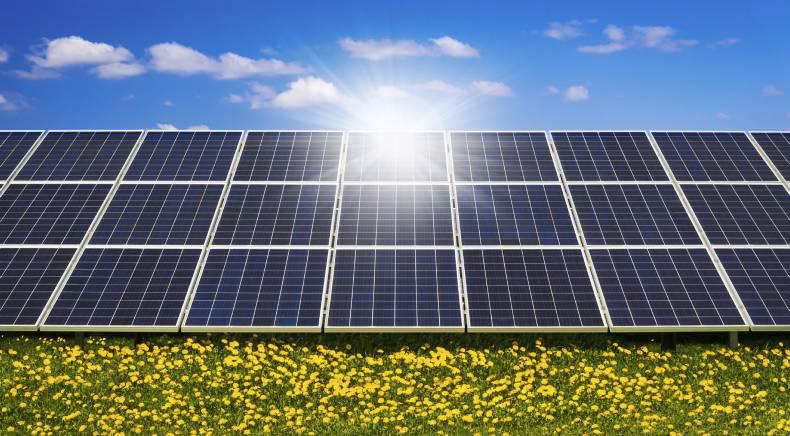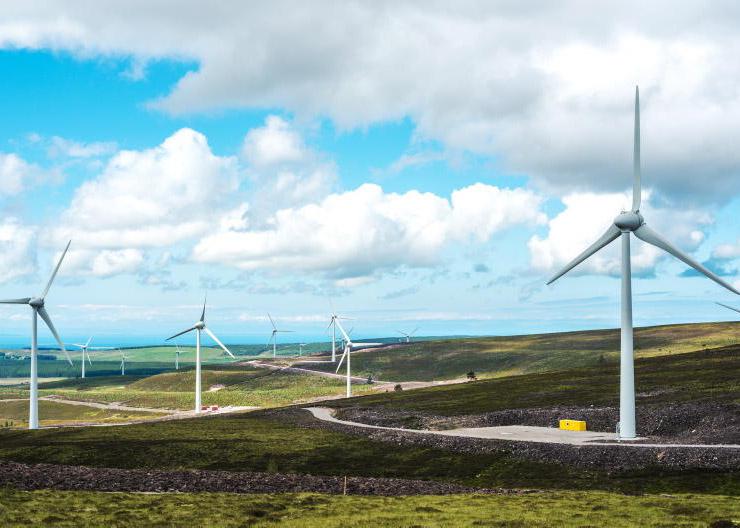Ireland must cut emissions from sectors such as agriculture by 30% over the next 14 years. The EU announced the emission targets it is setting for each member state on Wednesday. The outcome was described by IFA president Joe Healy as “challenging but more balanced than previous targets set at EU level”.
The targets being set relate to the non-emissions trading sector. This includes transport, housing and waste management, in addition to agriculture. The cuts in emissions being sought are in proportion to the levels recorded in 2005.
The good news is that the base figure takes account of the very high level of activity of both building and transport at that time, in the height of the Celtic Tiger. That said, all sectors, including farming, will have to work hard and smart to reach the target.
Forestry
Of the 30% target, up to 9% could be absorbed by a combination of new forestry (the exact definition of which remains to be agreed) and other carbon sinks.
The 30% reduction figure could have been higher. Indeed, Ireland has been set the lowest target among the “old-Europe” EU members of western Europe, bar Spain and Portugal. This is in part due to recogniotion by Brussels of the case made consistently by Ireland that our economy has little heavy industry, so agriculture accounts for a disproportionately high percentage of overall emissions.
Luxembourg and Sweden must reduce emissions by 40%, Denmark and Finland by 39%, Germany by 38% and France by 37%
Interestingly, the UK has also been set a 37% reduction target, one they will presumably ignore post-Brexit.
The IFA met Minister for Climate and Energy Denis Naughten on Wednesday. Minister Naughten has pledged to form a meaningful feed-in tariff support for emerging community-based renewables in Ireland.
“Farmers will continue to farm sustainably, with over 87% of the measures in Ireland’s Rural Development Programme having climate-reducing elements.
“The emissions intensity per calorie of food output in 2013 was approximately 14% below 2005. This figure is projected to reach 25% by 2030, based on the delivery of current policy measures.
“However, sustainability must also deliver an economic return for farm families,” the minister said.
A Meat Industry Ireland spokesperson said: “We should continue to pursue a course to which the Irish meat sector is committed, adopting the latest in science and technology, beef genomics for example, where we are the world leader, and which will, in time, lower the intensity of GHG emissions by improving the quality and efficiency of the national beef herd.”
Additional reporting by Anthony Jordan










SHARING OPTIONS